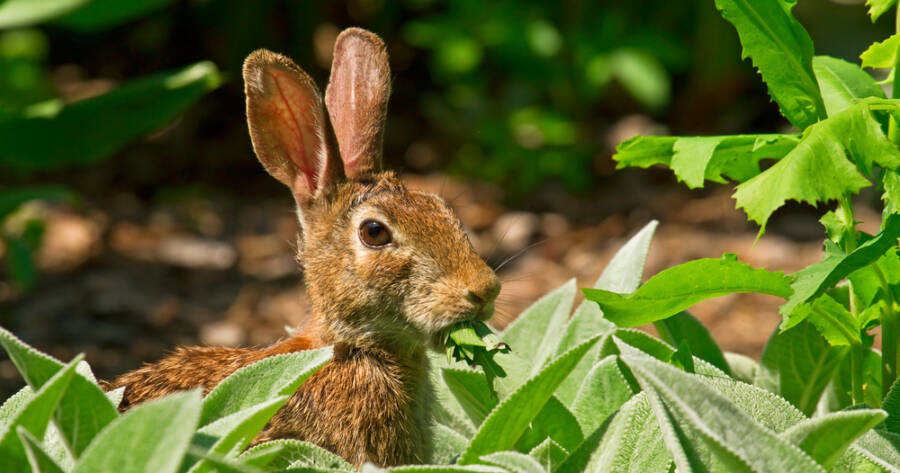Keeping pests out of your garden requires a proactive approach and smart strategies. Slugs and earwigs can devour plants, while deer and rabbits can munch on leaves and stems. Regular monitoring, natural repellents, and companion planting can help protect your plants. By maintaining a healthy garden environment, you can prevent infestations and ensure your plants thrive.
How to Keep Unwanted Guests Out of Your Garden
Maintaining a beautiful and thriving garden requires vigilance against unwanted guests that can wreak havoc on your plants. These pests can range from insects and slugs to larger animals like deer and rabbits. By understanding the behaviors and preferences of these pests, you can implement effective strategies to keep them out of your garden and protect your plants.
Slugs and earwigs are common garden pests that feed on a variety of plants, leaving behind unsightly holes and damage. Slugs are particularly active during wet weather, while earwigs prefer cool, damp environments. To deter these pests, you can create barriers using copper tape or diatomaceous earth around your plants. 1
Deer and rabbits are larger pests that can cause significant damage to your garden. Deer are known for their love of tender shoots and buds, while rabbits enjoy feasting on leaves and vegetables. To keep these animals out of your garden, you can install physical barriers such as fences or netting. 2 Deer repellents and motion-activated sprinklers can also be effective deterrents. By understanding the specific vulnerabilities of your garden and implementing targeted pest control measures, you can safeguard your plants and maintain a healthy, vibrant garden.
Keep Your Garden Pest-Free with These Proven Methods
In addition to the specific measures mentioned above, there are several general pest control practices that can help keep your garden pest-free. Regular inspection of your plants for signs of pests or damage is crucial for early detection and intervention. By promptly removing any affected plants or plant parts, you can prevent the spread of pests and diseases.
Another effective pest control method is companion planting. This involves planting certain plants together that have beneficial effects on each other. For example, planting marigolds near tomatoes can help repel pests that commonly affect tomatoes. Additionally, maintaining good garden hygiene by removing weeds and debris, and keeping your garden free of standing water can help reduce the attractiveness of your garden to pests.
In cases where pest infestations become severe, it may be necessary to use pesticides or traps. However, it is important to carefully consider the potential environmental impact and follow the instructions on the product label to ensure safe and effective use. By combining these proven pest control methods with the specific measures mentioned earlier, you can create a healthy and thriving garden that is less susceptible to unwanted guests.
Protect Your Plants from Slugs, Earwigs, Deer, and Rabbits
If the aforementioned tactics don’t safeguard your plants from the likes of slugs, earwigs, deer, or rabbits, consider natural repellents and companion planting. Creating a barrier of crushed eggshells or diatomaceous earth will keep slugs and earwigs at bay.
Likewise, planting a perimeter of strongly scented herbs (like lavender or rosemary) around your garden can turn off deer and rabbits. You can also try using a natural repellent spray made from garlic or chili pepper, which keeps many pests away.
When faced with a cockroach infestation, it’s crucial to tidy and limit the small cracks and crevices they prefer to live in. This approach also works with earwigs and slugs, who love hiding beneath fallen leaves and debris. Routinely clearing your garden space will give these pests another reason to scram!
Learn More About Protecting Your Garden from Pests
A key to deterring these kinds of visitors is understanding their behaviors and preferences. By implementing targeted pest control measures, you can protect your plants and maintain a healthy, vibrant garden.
Regular inspection, companion planting, good garden hygiene, and the judicious use of pesticides or traps can all contribute to keeping your garden pest-free. By staying informed and implementing effective pest control practices, you can create a beautiful and thriving garden that is less susceptible to unwanted guests.
